A new ‘revisionist’ historical fiction novel from Billy Cotsis, tells a tale of how Athens lost the Parthenon Marbles and how a newly formed posse featuring Lord Byron, the Aegean Seven, take them back.
Billy Cotsis has certainly had a colourful literary career, covering Greeks living in dozens of countries. He has written about Hellenes in books, articles, presented on Meraki TV and in award-winning documentaries such as Mykonos: the other side and the Magna Graecia series.
At last count, Cotsis had made his way to almost 60 countries and 79 Greek islands, drawing on the inspiration from people he has met and some of their stories to craft novels such as Once Upon A Time in Crystal Palace and 1453: Constantinople & The Immortal Rulers.
READ MORE: Billy Cotsis’ film ‘Griko of Apulia’ to air on SA Community TV Channel.
It is the latter book, with a mix of historical facts and revisionist history, that set the foundation of his new work.
“I wanted to write a story based on the timeline of actual events that led to the theft of artefacts from the Parthenon and other parts of Greece in the early 1800s, a period that coincides with the movement towards the Greek Revolution – the book ends in 1817 as things are progressing for Filiki Eteria,” Cotsis says.
The fast-paced dramedy, provides the reader with an entry point to a range of historical milestones in Europe between 1801-1817 and set against the backdrop of the looming Greek Revolution.
“As the journey to recover the Marbles unfolds, the reader will see a few points about the Filiki Eteria and how it came about. I have visited their Headquarters in Odessa, Ukraine, which helped inspire me to draw on the looming Greek Revolution into the novel,” the author explains.
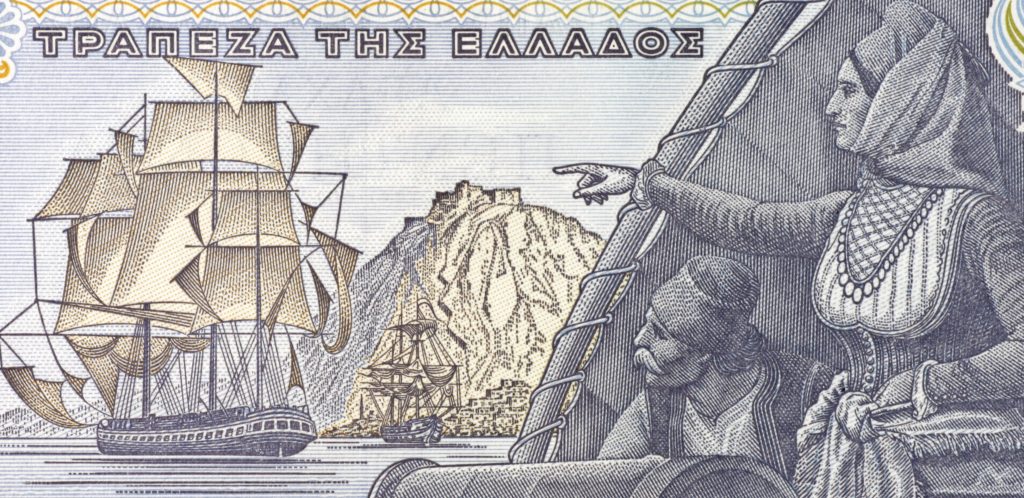
Throughout the novel, Cotsis also provides the background on all key players involved with the removal of artefacts from the Parthenon. Aside from an Earl from ‘Elgin’ who doubles up as the British Ambassador to the Ottomans, a Neapolitan artist, a Reverend and the wealthy wife of the Earl, are all complicit with the removal of items from Greece. As karma would have it, they all suffer various unfortunate fates which came to light in the novel.
The Stolen Marbles and artefacts lead to a series of twists and turns that seemingly brings together, the ‘Aegean Seven’ to help reunite the artefacts with their homeland. The Aegean Seven are a composite group of Hellenes and Phil-Hellenes such as Lord Byron.
Along the way, the Aegean Seven stumble across an array of important historical figures in Europe as they cross Greece, Alexandria, Cyrene, Romania, Italy, Geneva, France and London. He even introduces readers to the Greek towns, Greko/Griko of Southern Italy, which still exist to this day.
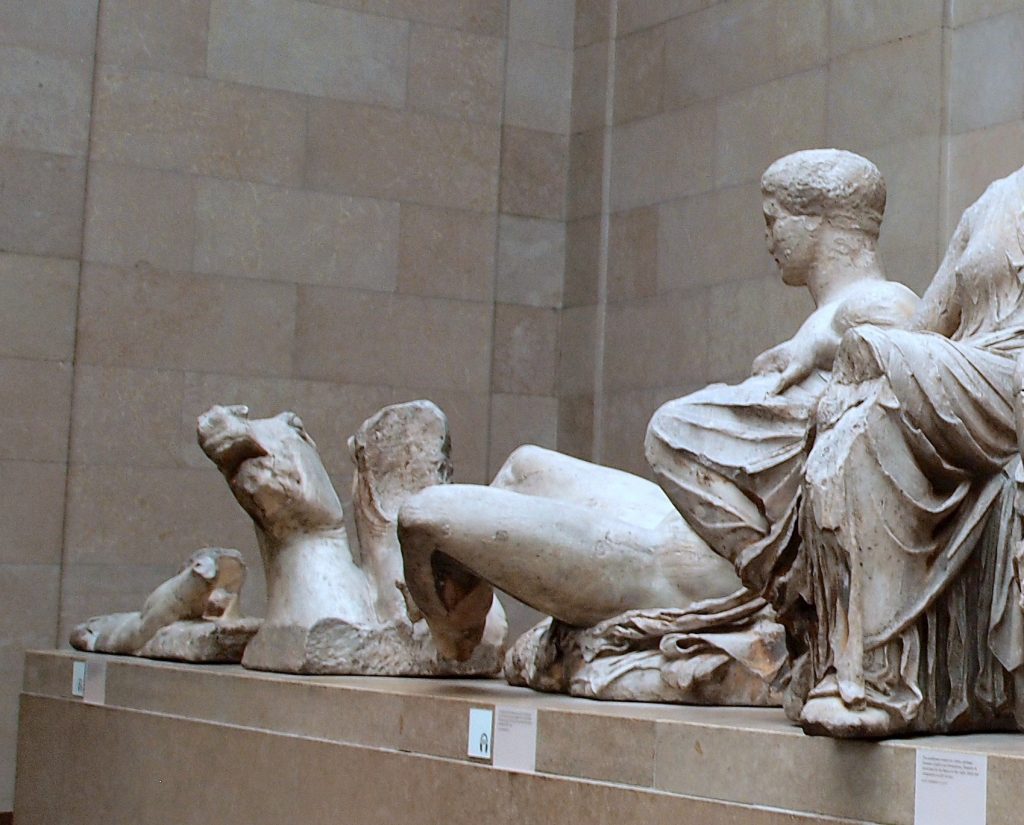
The Aegean Seven is led by Alcibiades and Melina. Other characters include Eleftheria from the real Greko town of Galliciano, Calabria. This is significant as the writer is trying to draw to the attention of the English-speaking reader what and who the Greko and Griko are. There are numerous references to the towns in Calabria and Apulia including a chapter devoted to the region.
Other characters are from the Greek-founded Alexandria and Cyrene in Africa, where Alcibiades and Melina visit, an appearance by the legendary Bouboulina on her ship and the brilliant poet, Lord Byron. The poet, of course, was a sworn enemy of the Earl in real life and made sure all of Europe was aware of what Thomas did in Athens.
READ MORE: Greek Australian filmmakers to launch new series about Greeks of Magna Graecia.
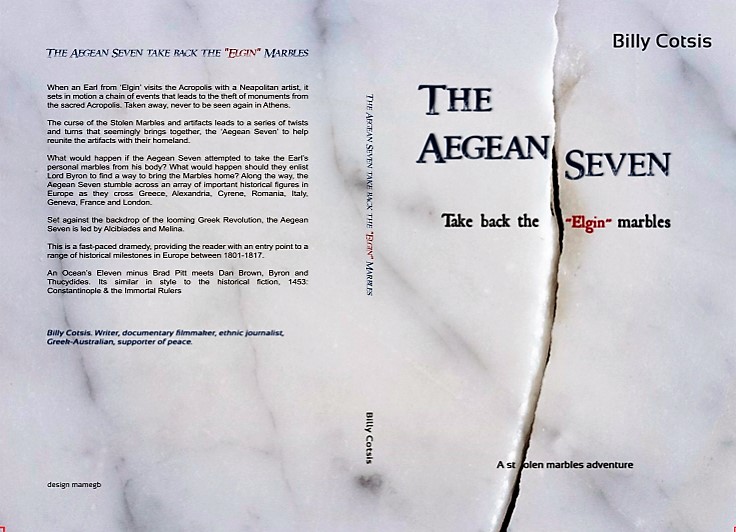
“Byron knew that Bruce had stolen the Marbles. He was devastated and he made sure people were learned of this betrayal. Make no mistake, Bruce betrayed his position as an Ambassador, and he betrayed the good people of Scotland and England due to his appalling actions. Scottish people are known to be kind and fair, Bruce was the antithesis of Scottish. He was a monster,” Cotsis says.
Cotsis wrote the novel as a way to draw attention to the fact the Marbles were taken from Greece with a fake Firman (a permit from the Sultan) and why the Marbles need to come home.
Cotsis explains the Earl, otherwise known as Thomas Bruce, was unworthy as an Ambassador, as an Earl or as a human being.
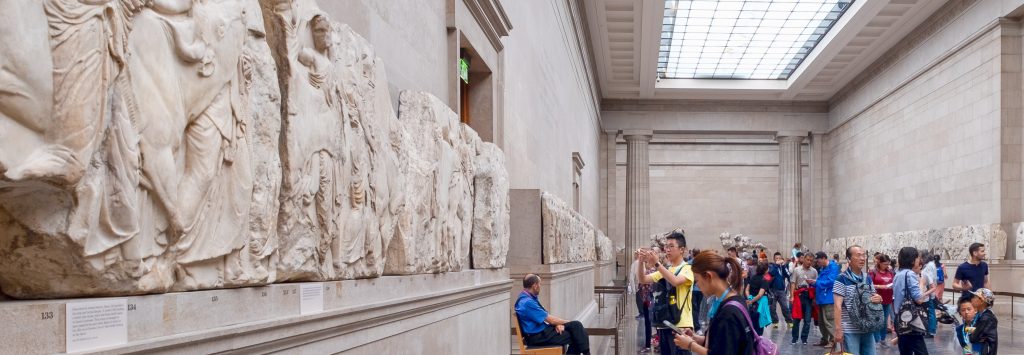
The novel eventually takes the Aegean Seven to London and a showdown for the Marbles. The writer describes it as An Ocean’s Eleven minus Brad Pitt meets Dan Brown, Byron and Thucydides. It’s similar in style to Cotsis’ previous historical fiction, 1453: Constantinople & the Immortal Rulers.
READ MORE: Billy Cotsis has launched his new book ‘1453: Constantinople & the Immortal Rulers’.
For those who want to know more about this period and how the Marbles were taken, despite many of the characters being purely fiction, the novel lays out what happened and how it happened on the eve of the Greek Revolution and freedom. There is of course no freedom for the Marbles until they return to Athens.
The writer goes on to explain he hopes not to tread on the toes of the Committees worldwide and in Australia who work hard lobbying for the Marbles’ return.
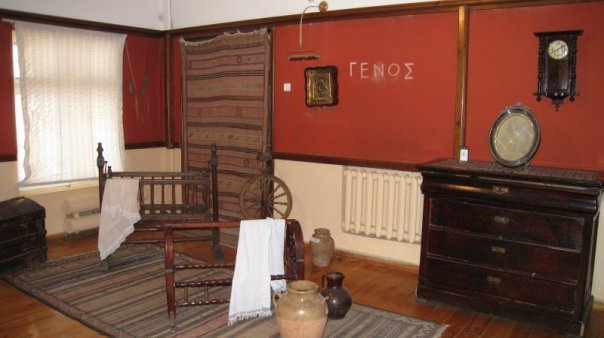
“I’m just a writer taking in a range of histories from the era. The Aegean Seven is a novel with some controversy as it involves a reverse heist and some violence. I did not want the novel to be a burden to those who work hard on the restoration committees,” he says.
Once the book finds a home on shelves worldwide, Cotsis, along with his filmmaker friend Basil Genimahaliotis, will release their third Magna Graecia documentary, which is set in the Greko towns of Calabria. This is to help raise awareness of this ancient language with a call to action for Hellenes to learn more about the Greko and Griko (Apulia) and to find ways to support them.
The Aegean Seven Take Back the “Elgin” Marbles is available through the Greek Bilingual Bookshop https://bilingualbookshop.com.au/, Amazon, Belmore and Kingsgrove Newsagencies and anywhere else a good Greek book is sold on demand.
*Billy Cotsis is the author of the 1453: Constantinople & the Immortal Rulers.

